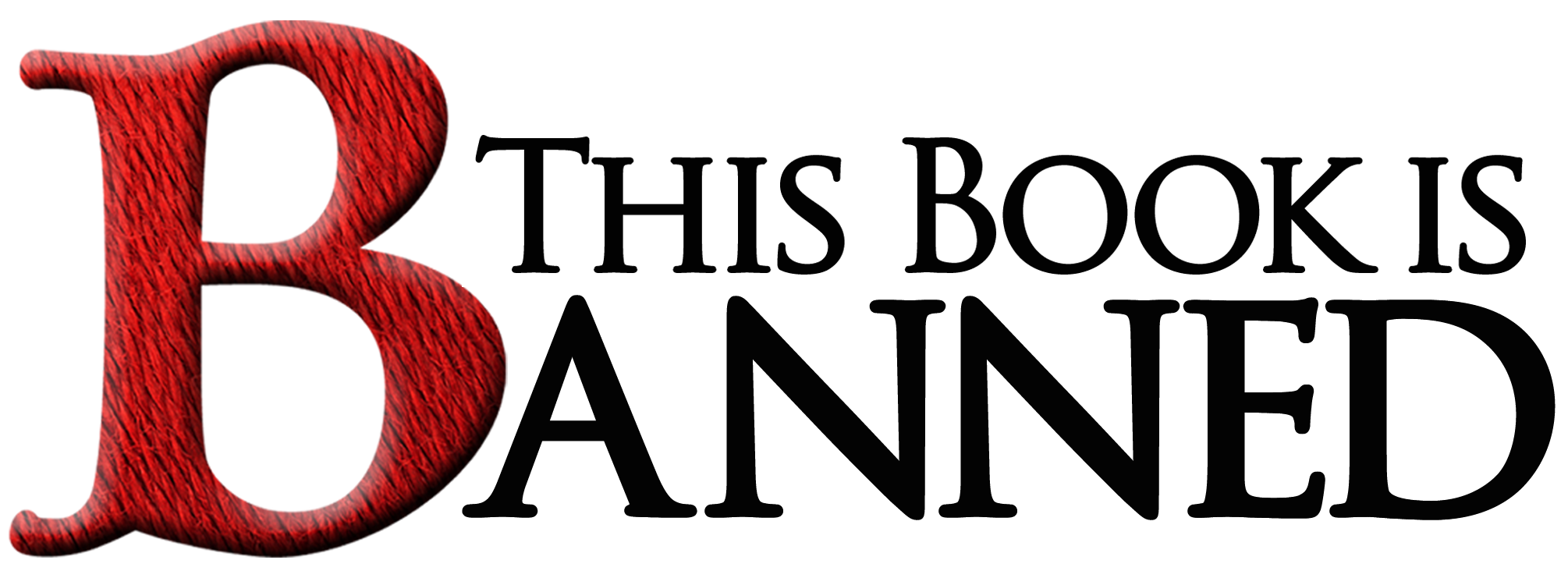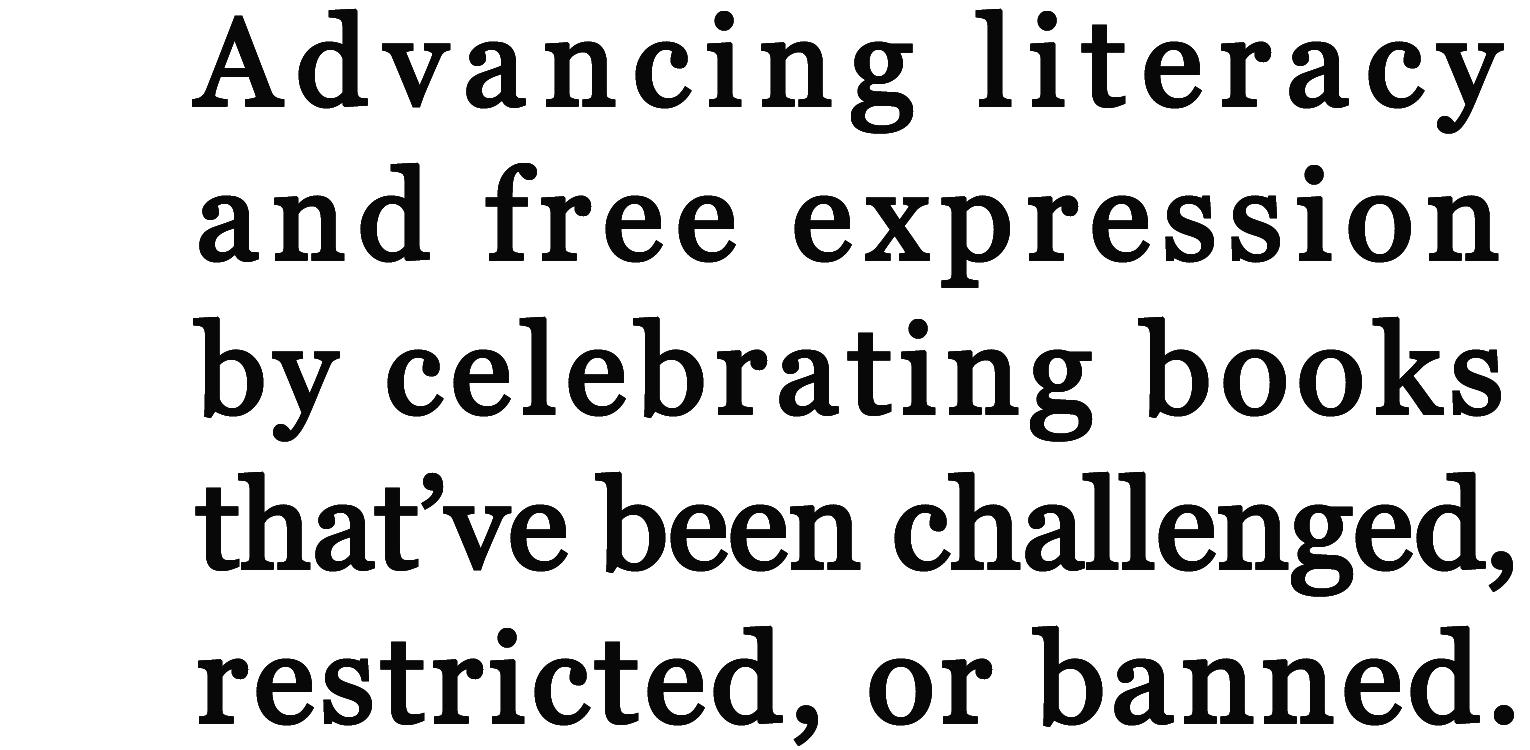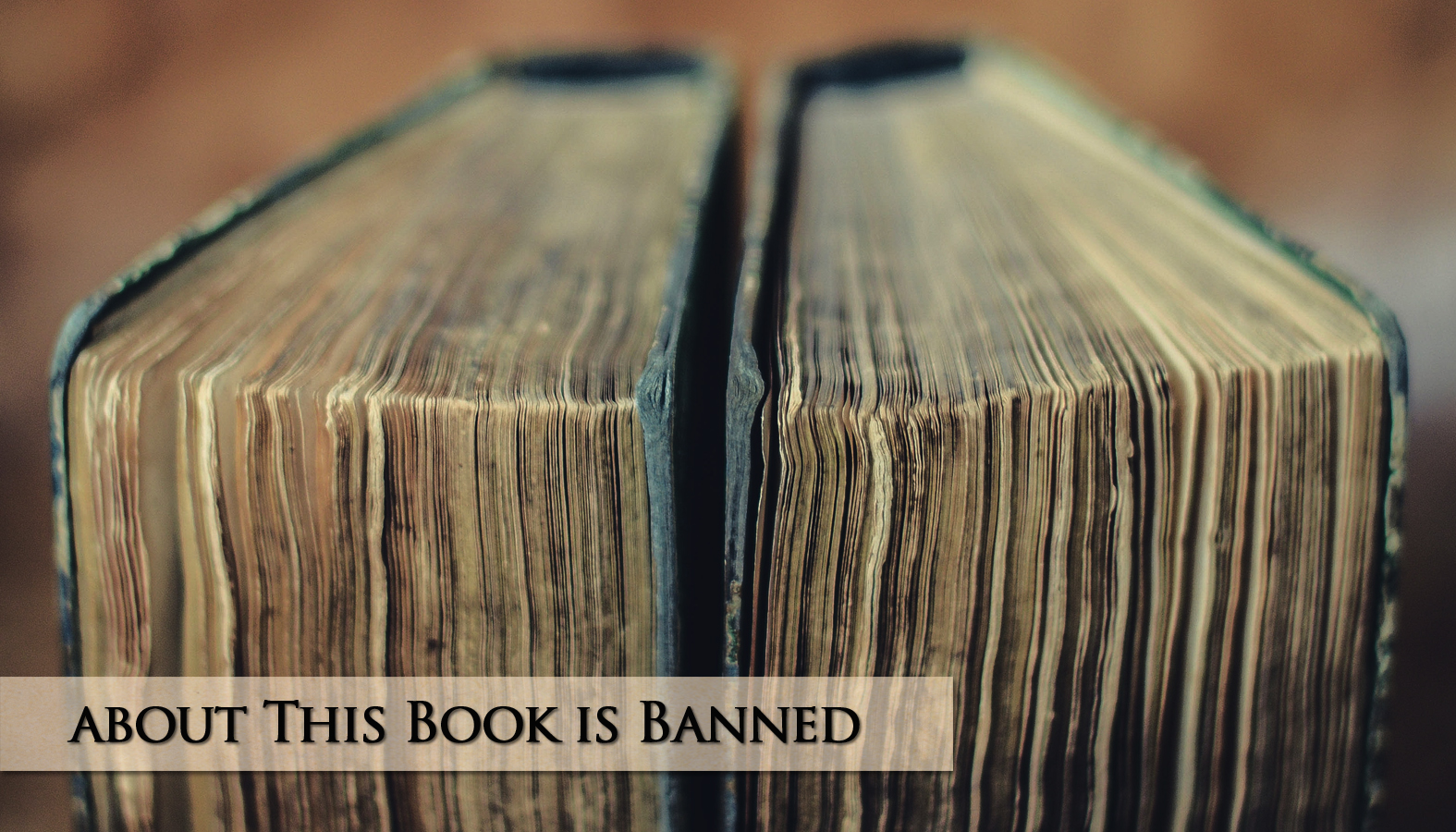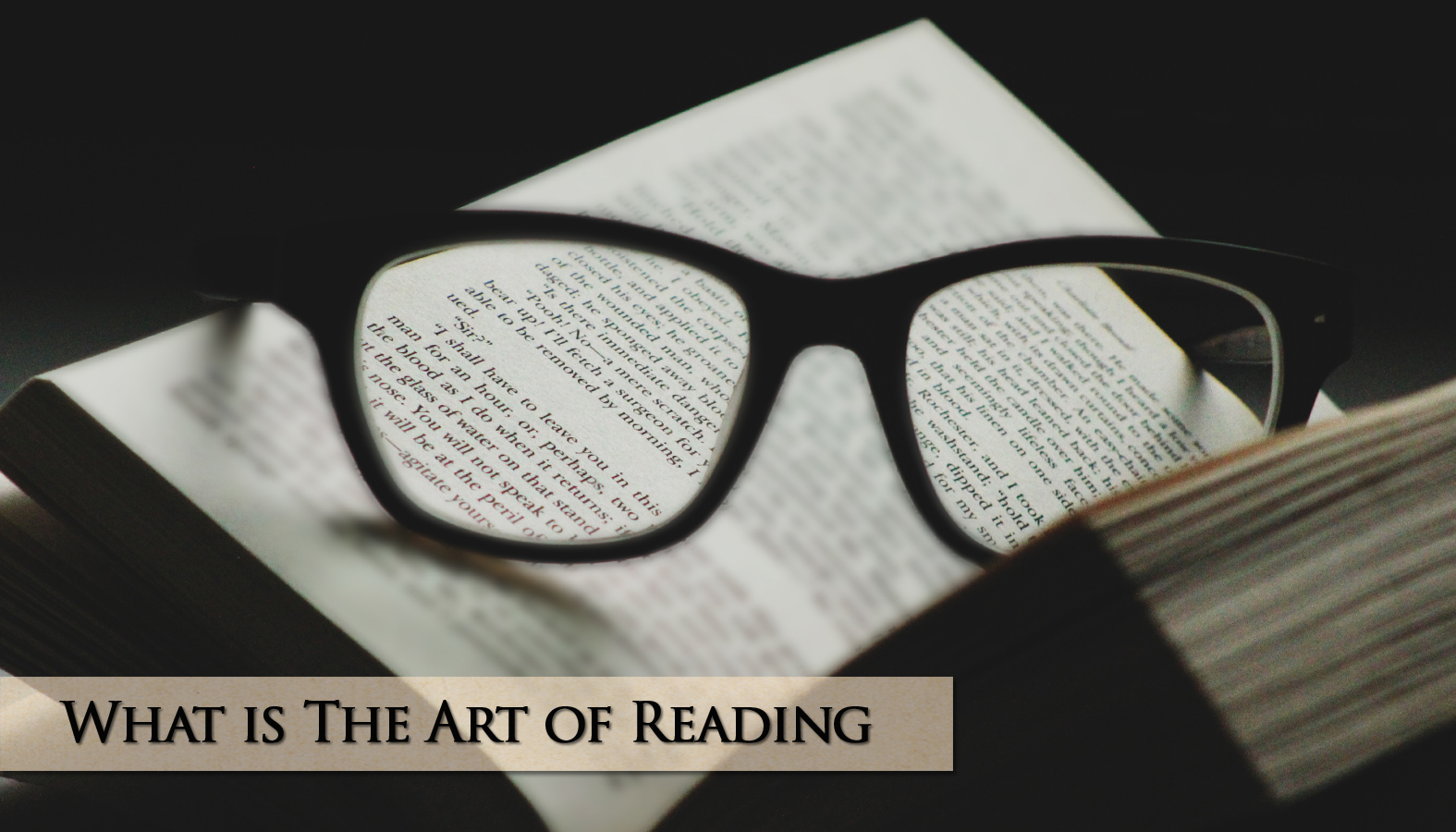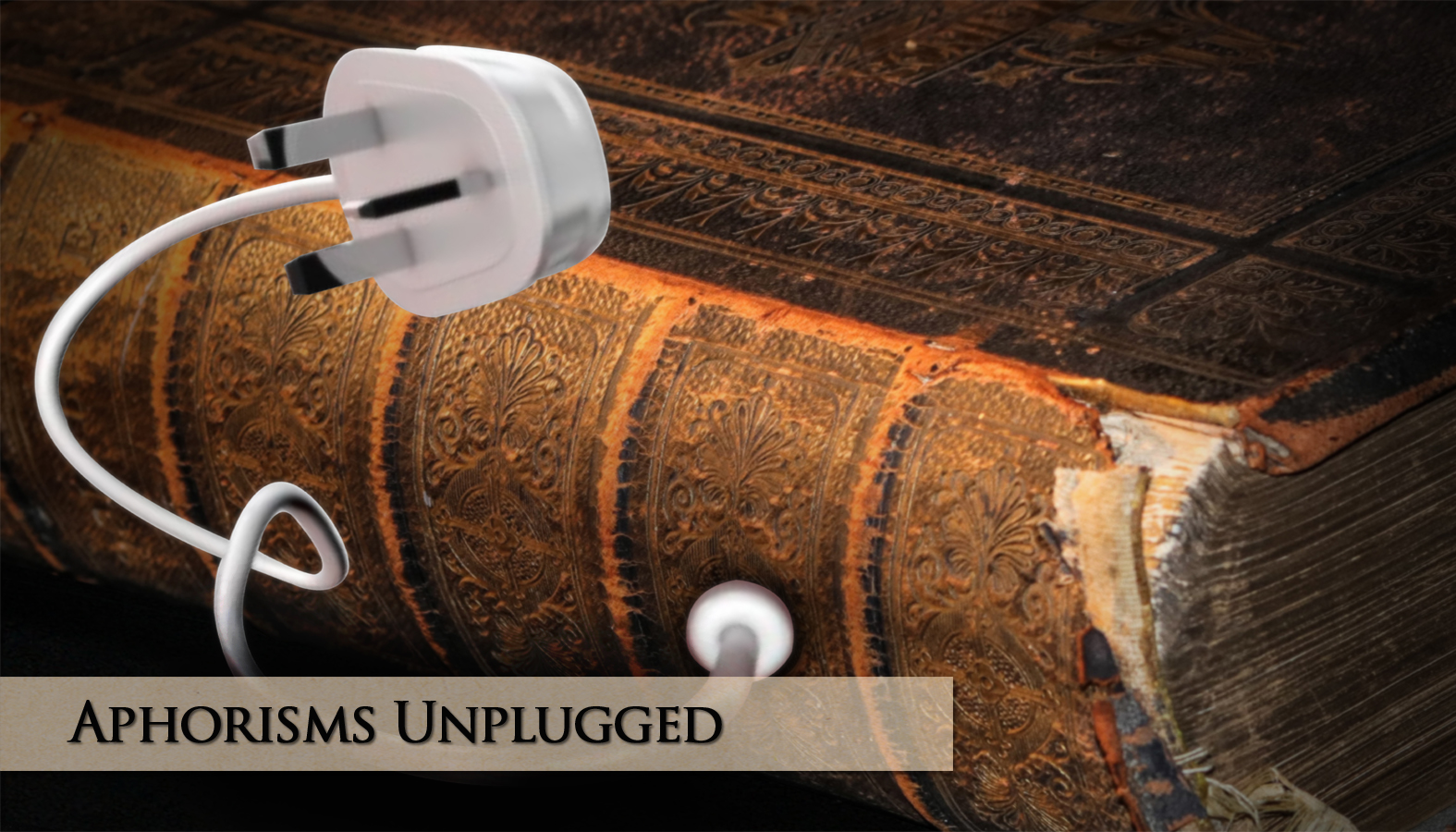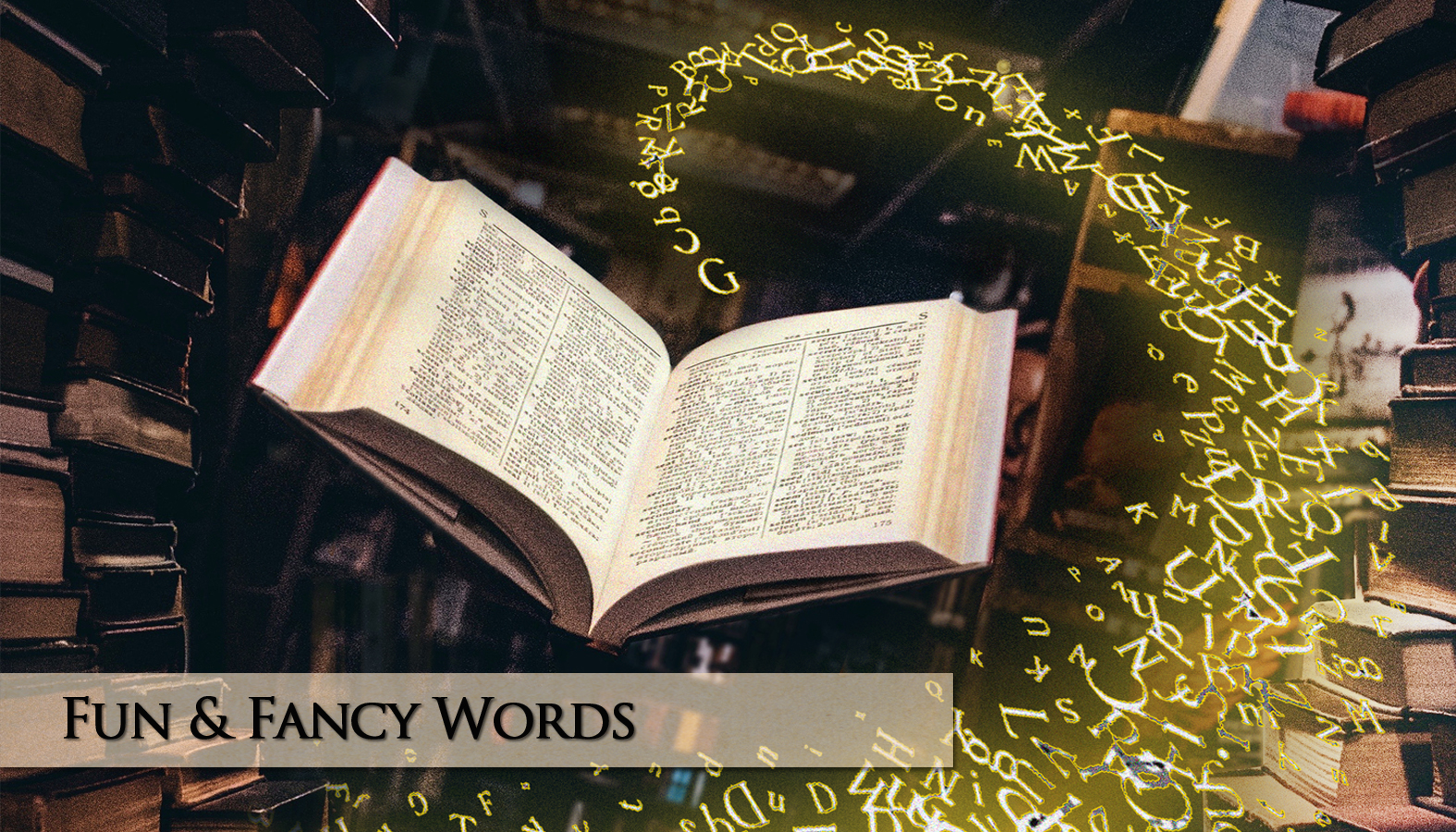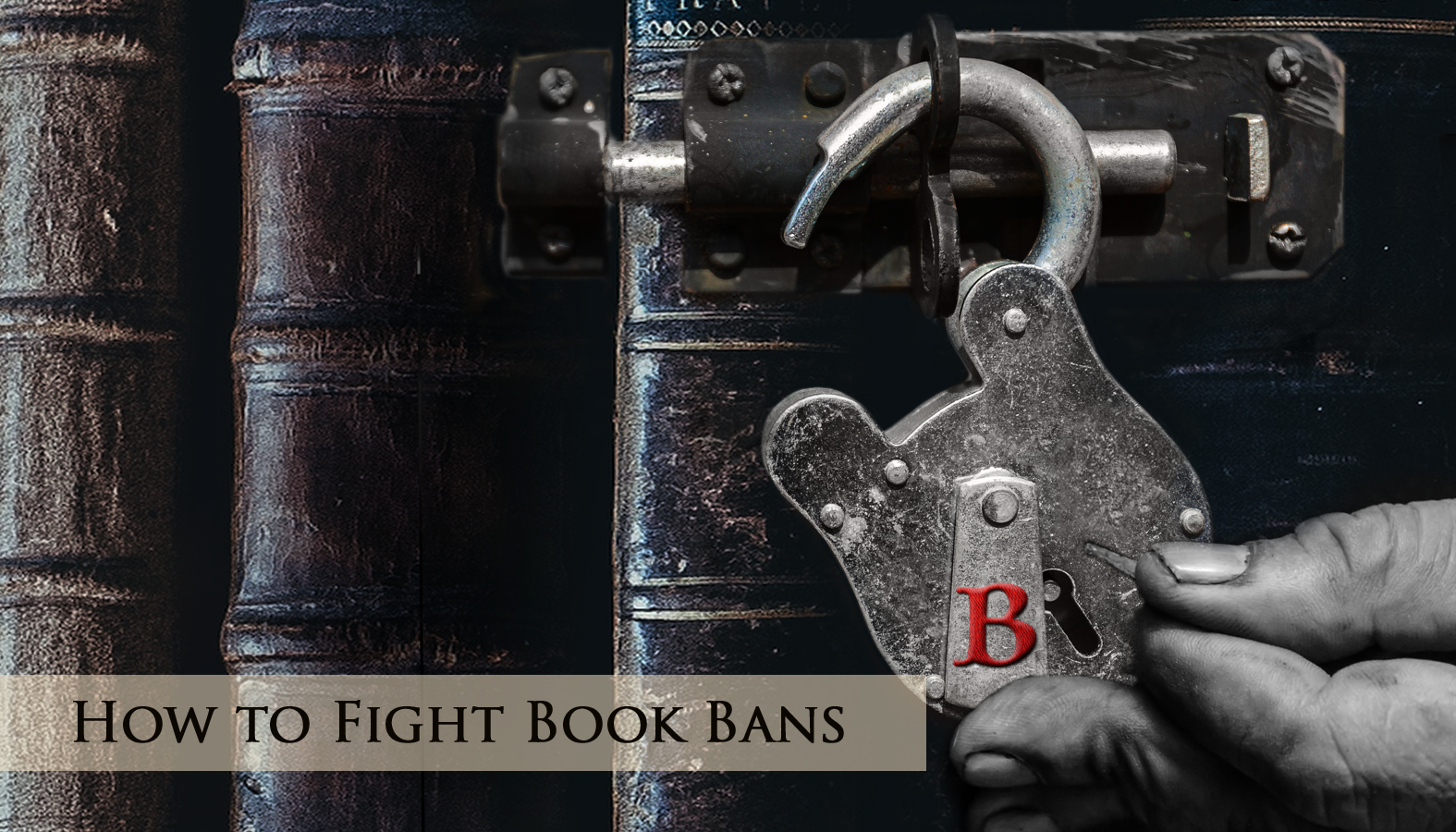
H ouse Republicans have advanced legislation to ban books from public schools nationwide. You read that right… a nationwide ban. School boards and individual... Read More.

T eachers are hamstrung at every turn. From lack of funding to the dismantling of the Department of Education, to the book banning that... Read More.

F rederick Douglass. A towering figure in American history. His name is inextricably linked with the abolition of slavery. He was also one of... Read More.

W hat, pray tell, is an African American Read-in? Well… it’s the nation’s oldest event dedicated solely to promoting diversity in literature, and encouraging... Read More.
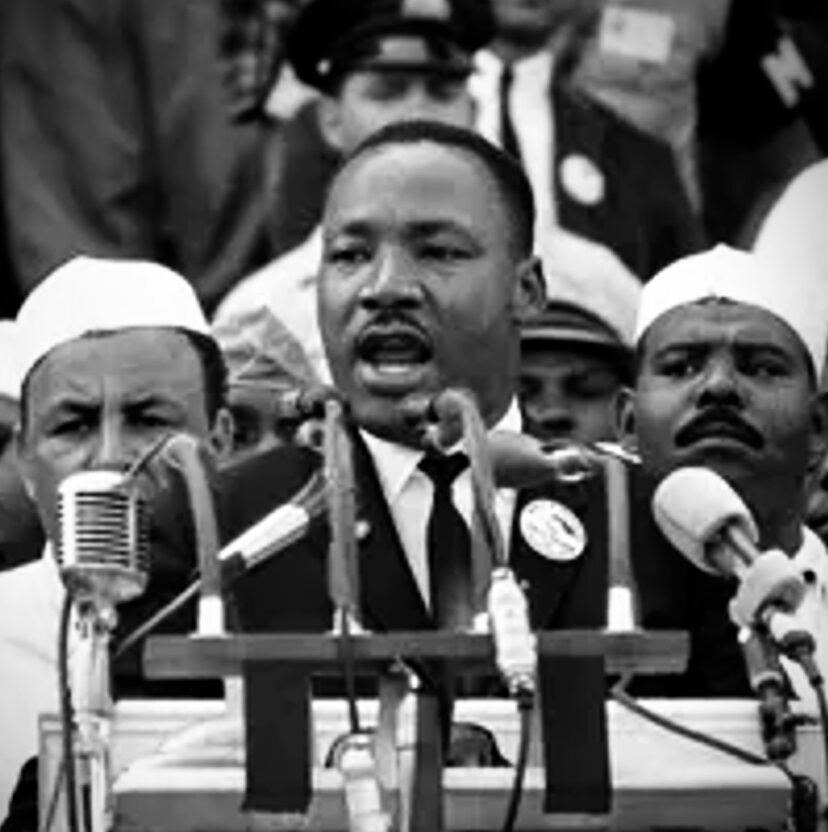
Y es, they're hampering holidays now. And, Martin Luther King Jr. Day was among the first to be meddled with. Needless to say, the... Read More.
Follow This Book is Banned on:
Stay in the know about what’s in our treasure trove of literary goodness. And, get your free Discover Everything a Book Has to Offer packet.




